- 631-796-2804
- [email protected]
- Mon - Fri: 6:30AM - 5PM
Professional seal coating that extends your pavement’s life and keeps it looking sharp year after year.
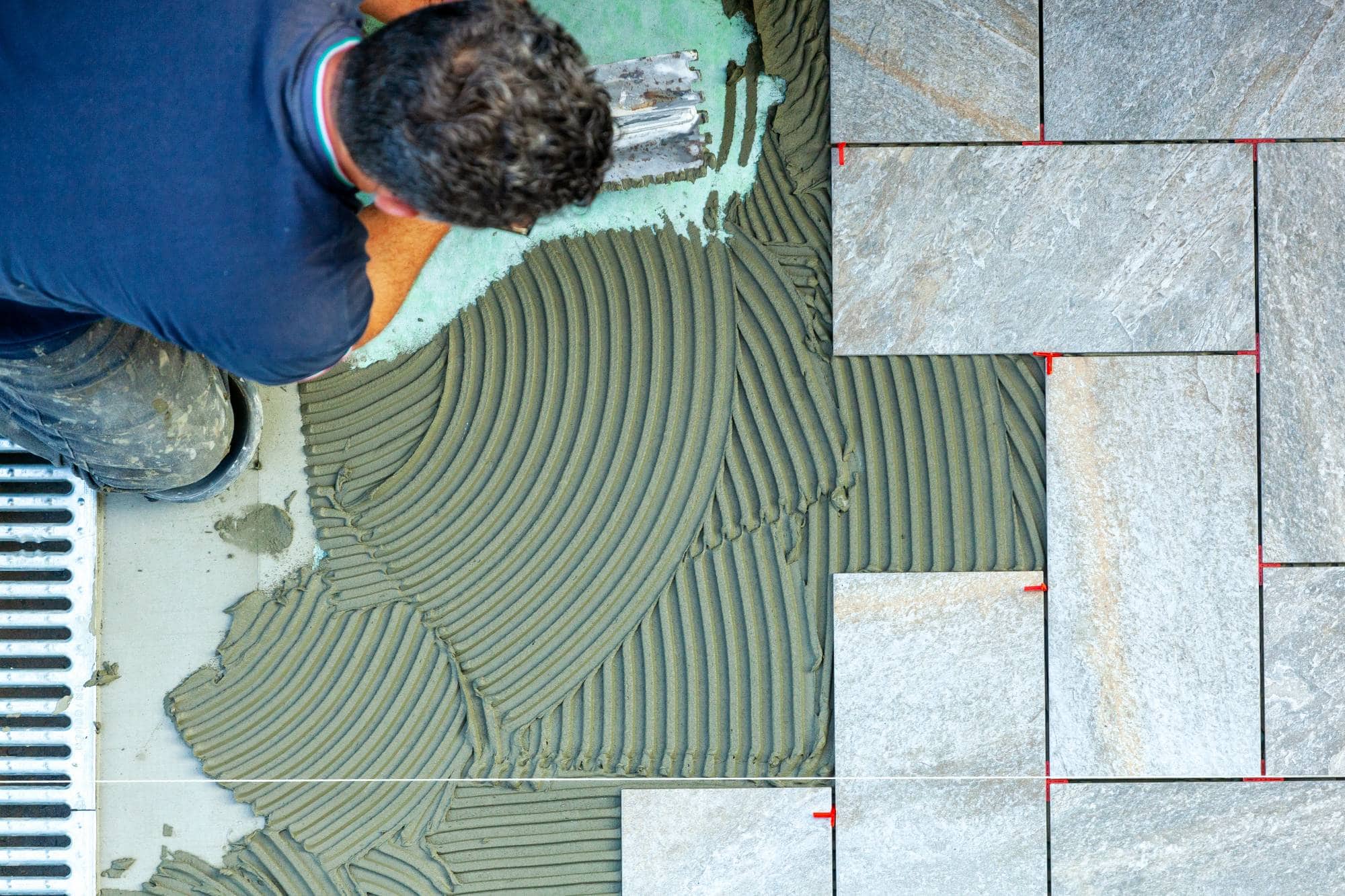
Hear from Our Customers
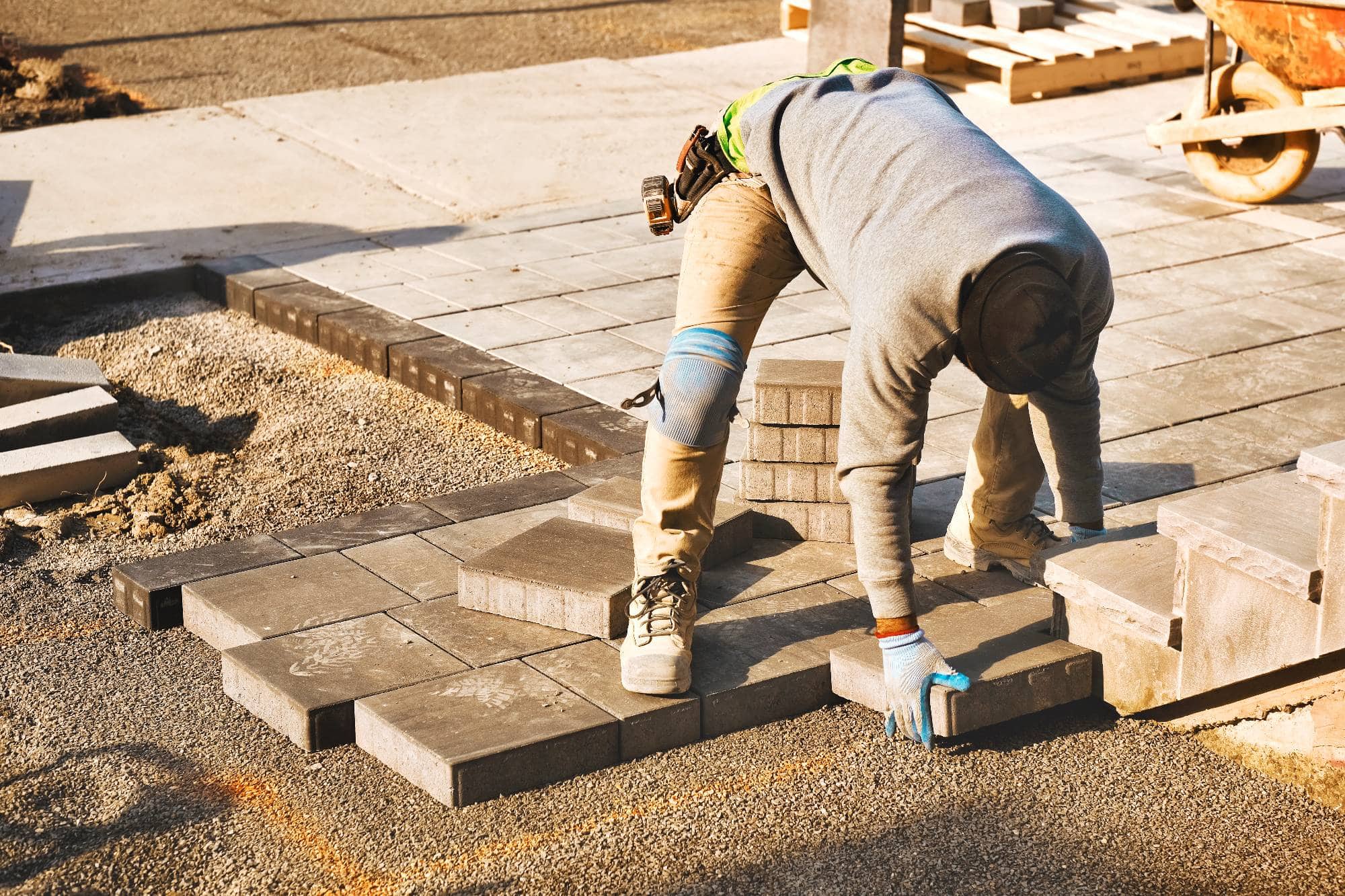
Your asphalt faces a beating every day. Sun breaks down the binding agents. Water seeps into cracks and freezes, making them worse. Oil stains set in permanently. Salt from Long Island winters eats away at the surface.
Quality seal coating stops this damage before it starts. You get a protective barrier that blocks water, resists stains, and stands up to UV rays that would otherwise fade and crack your pavement.
The result? Your driveway or parking lot stays smooth, dark, and professional-looking for years longer than untreated asphalt. You avoid the headache and expense of major repairs or complete replacement. Most property owners see their seal coating pay for itself within the first year just from avoided damage.
All Purpose Paving has been protecting Long Island asphalt for years. We understand what coastal weather, road salt, and heavy traffic do to your pavement.
Our team uses commercial-grade sealers and proper application techniques that many contractors skip. We’ve seen what happens when seal coating is done wrong – it peels, wears unevenly, or fails within months.
Our approach focuses on surface preparation, weather timing, and using the right materials for each specific situation. Whether it’s a residential driveway in Shirley or a busy commercial parking lot, we match the solution to your actual needs.
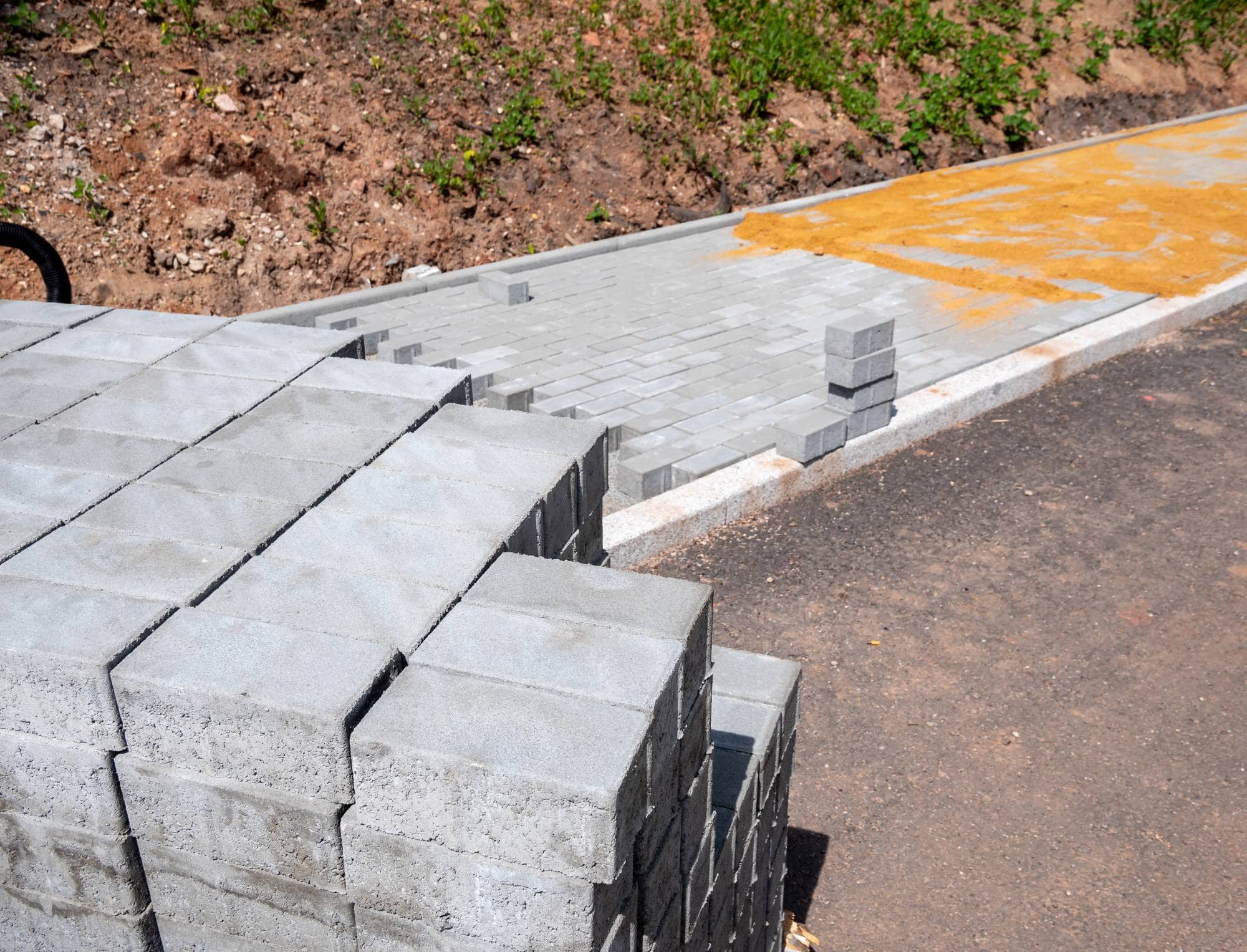
First, we clean your asphalt thoroughly. This means removing all dirt, debris, and vegetation. Any oil stains get treated with primer so the sealer will bond properly. Cracks wider than a quarter-inch are filled and leveled.
Next comes surface preparation. We inspect for any areas that need special attention and make sure the asphalt is completely dry. Timing matters – temperature and humidity have to be right for proper curing.
The sealer goes on in thin, even coats using professional equipment. We work systematically to avoid lap marks or thin spots. Edge work around drains, walkways, and landscaping gets hand-detailed for clean lines. The surface needs 24-48 hours to cure fully before you can drive on it.
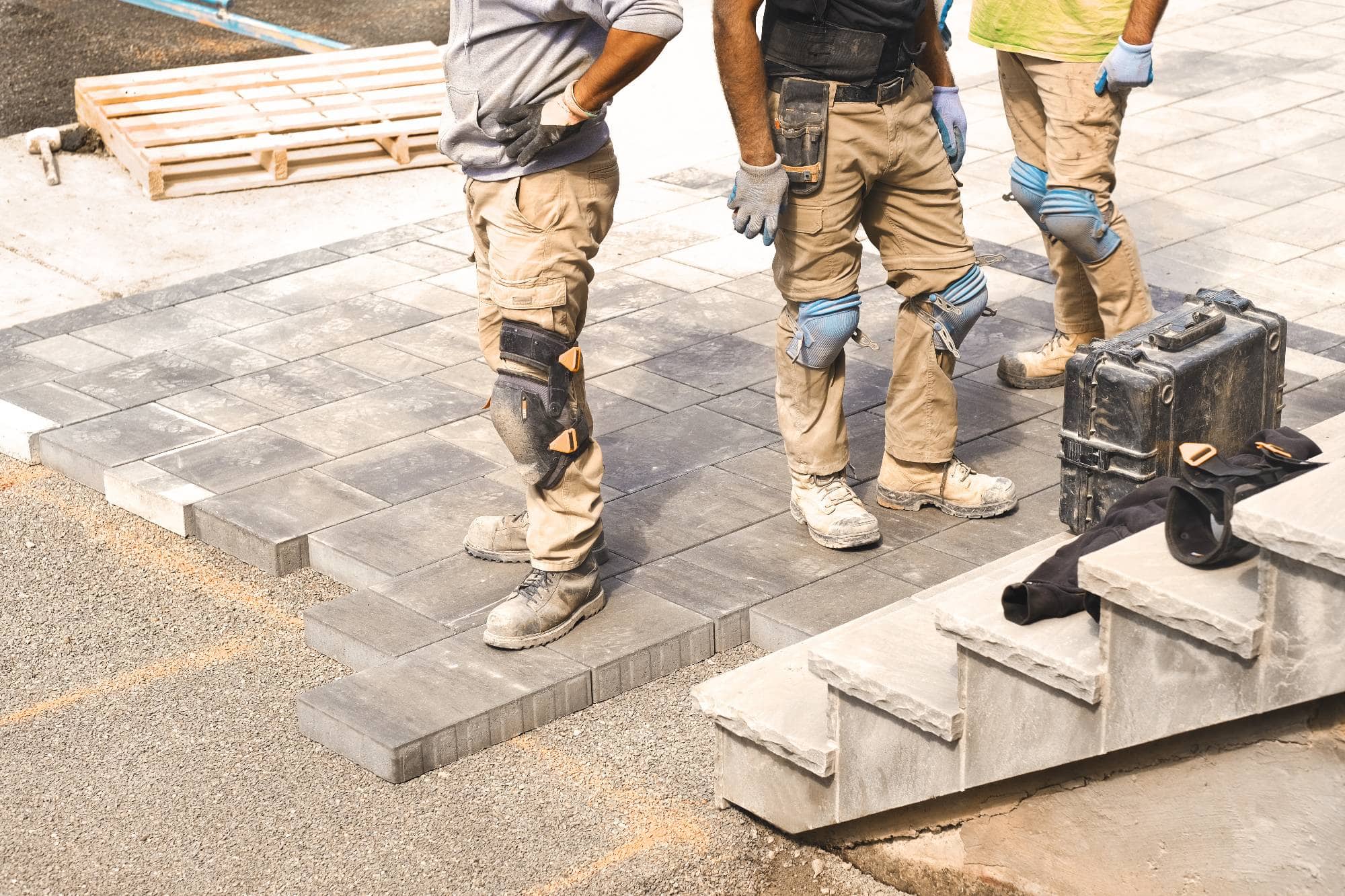
Ready to get started?
Every seal coating job includes thorough cleaning, crack filling for smaller fissures, and two coats of commercial-grade sealer. We handle edge work around landscaping, sidewalks, and structures so you get clean, professional lines.
You also get honest timing advice. Many contractors will seal coat any time you’re willing to pay, but weather conditions matter. All Purpose Paving schedules jobs when temperature and humidity allow proper curing – even if it means waiting a few days.
We use sealers designed for Long Island’s climate challenges. The materials resist salt damage, handle freeze-thaw cycles, and maintain flexibility as your asphalt expands and contracts. This isn’t the cheapest sealer available, but it’s the one that actually protects your investment long-term.
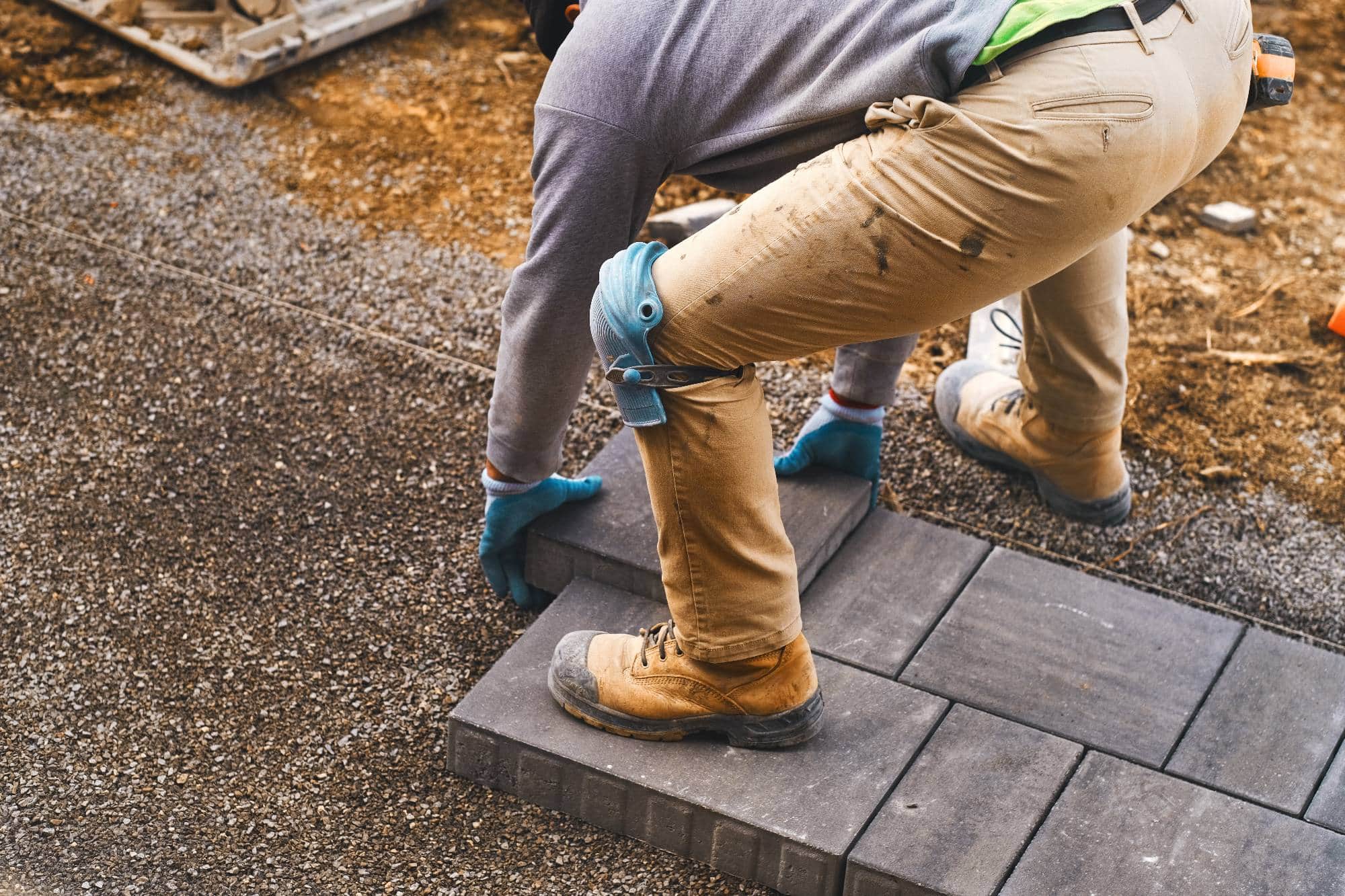

We are a family owned and operated paving contractor servicing customers on the East end of Long Island. We specialize in all phases of paving from start to finish.